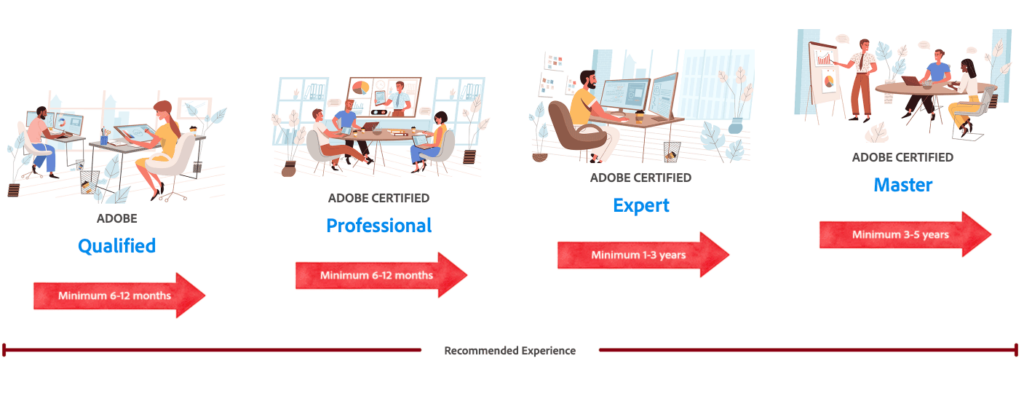Adobe Commerce Ecosystem: Synergy of Community, Support and Education
The e-commerce is constantly evolving and platforms like Adobe Commerce (formerly known as Magento Enterprise) are at the forefront of this evolution. However, we see Adobe Commerce not just as a platform, but as a dynamic ecosystem that includes a user community, extensive support, and training opportunities. Let’s take a look at its various aspects, including Magento Open Source and the Mage-OS community project.

Unique community
We believe that the core of any successful platform is its community. Adobe Commerce boasts one of the most active and engaged communities in the world. It’s made up of thousands of developers, merchants, partners and digital agencies who work to develop, enhance and support the platform.
The basics of community functioning:
- sharing knowledge, experience, best practices
- helping each other to solve problems, providing support and guidance
- platform development and innovation – new features, modules, plug-ins, add-ons…
- faster bug fixes, updates and security enhancements
- open discussion and feedback – sharing ideas and comments, different opinions and approaches bring new ideas
- collaborative projects – working together to solve technical challenges
Community members regularly gather at events such as Adobe Summit, Meet Magento (held in different countries such as the UK), Magento Imagine and various local meetups, which provide excellent opportunities for networking, sharing best practices and learning from leading industry experts.
Where can you find upcoming AC/Magento events?
Flexibility and extension
What we appreciate most about Adobe Commerce is the flexibility and wide range of extensions available through the Commerce Marketplace. These plugins and modules are created by both Adobe and the developer community, allowing users to customize the platform to their specific needs. In addition, Adobe provides professional support and services for Adobe Commerce users, including technical assistance, security updates, and marketing tools.
To get a module to market, developers must meet strict quality criteria, including comprehensive testing, security, ease of installation, and quality support. This process ensures that all plug-ins and extensions not only extend the functionality of the platform for specific user needs, but also meet the high quality and security standards Adobe requires for its products.
Useful sources:
- Commerce Marketplace
- Adobe Commerce Documentation
- Developer Documentation
- Mage-OS Developer Resources
Education and certification
From online courses to in-person training, Adobe Commerce provides us with a wide range of learning opportunities that allow both novices and experienced professionals to improve their skills and acquire recognized certifications. Through Adobe Learning Paths, you can adopt structured learning paths for a variety of roles, including developers, solution architects and business analysts.
Useful sources:

Magento Open Source and Mage-OS
Many of you may know that in addition to the paid version of Adobe Commerce, there is also Magento Open Source – a freely available version of the platform that offers basic e-commerce functionalities. Magento Open Source has also built a strong community around it and is a popular choice for smaller online stores and startups.
You may have noticed that the Mage-OS project was also recently born. This is now being presented as an extension of Magento Open Source, not an alternative. In order to support the wider community, Mage-OS plans to release new versions with features in 2024. At the same time, in close cooperation with the Magento Association, Mage-OS is becoming a key player in promoting the Magento (open source) platform.
Useful sources:
